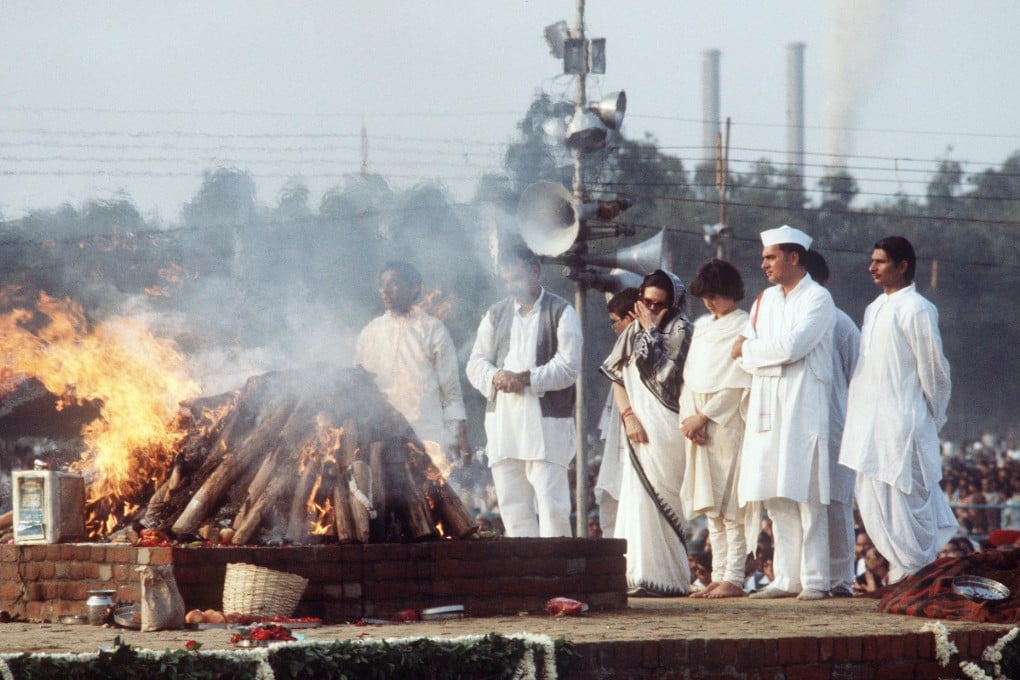India's political dynasty flounders 30 years after Indira Gandhi's killing
Indira Gandhi, assassinated three decades ago, was the architect of Congress' growth, but party may soon look beyond family for leadership

When Indira Gandhi was gunned down by her bodyguards on October 31, 1984, the instant elevation of her son Rajiv to the post of prime minister appeared to confirm her family's status as India's natural-born rulers.
But three decades on from the assassination of India's "Iron Lady", even members of her Congress party are beginning to question whether they may now have to look beyond the Nehru-Gandhi clan for survival.
After a crushing defeat in May's general election, things hit a new low this month when Congress trailed in third place in two state polls with Rahul Gandhi - the dynasty's latest scion - having all but disappeared from view.
"Indira Gandhi was the real architect of the Congress party's expansion. She had the ability to directly speak to the masses across India and get votes," said Rasheed Kidwai, who has written several books on Congress.
"For the first time, instead of the party depending on the family, the family depends on it for its survival," he added.

